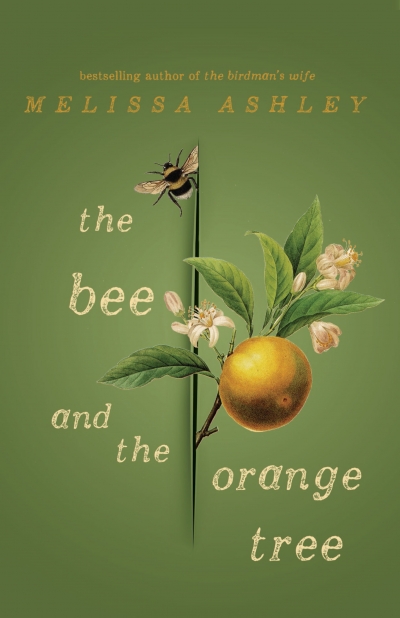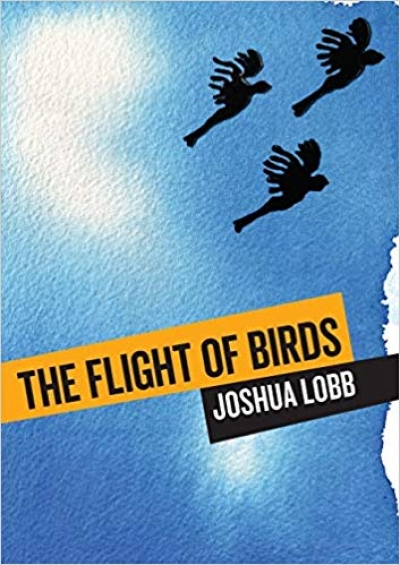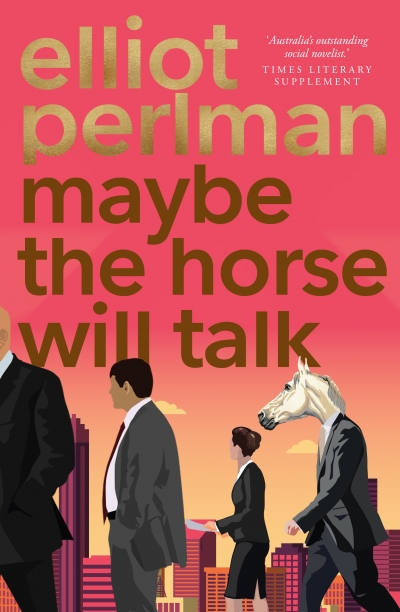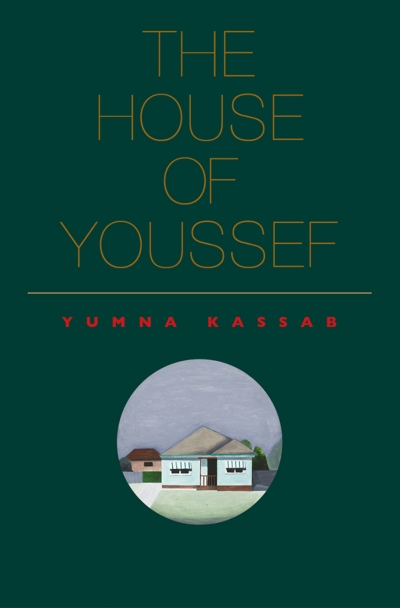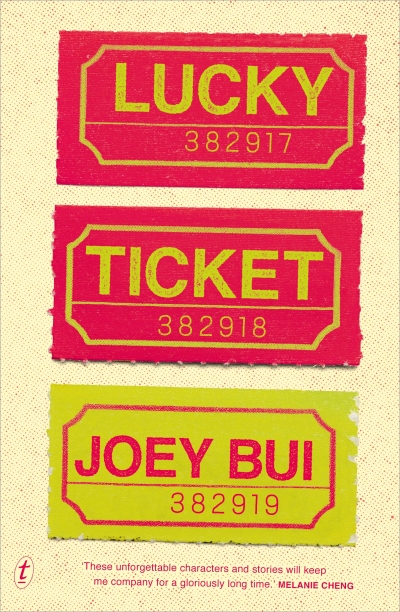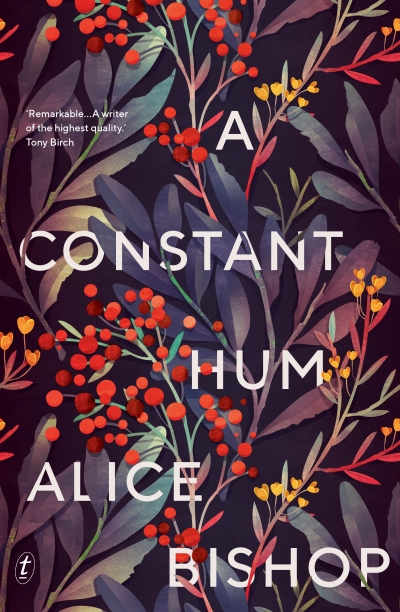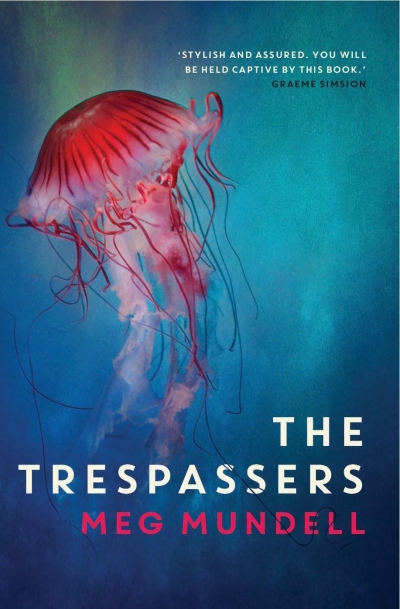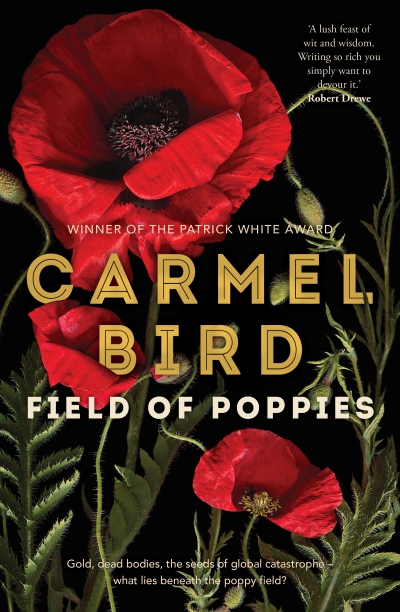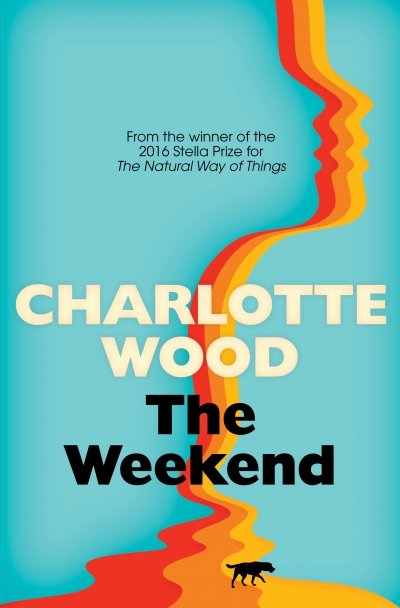When Claude Monet lived in Argenteuil in the 1870s, he famously worked in a studio-boat on the Seine. He painted the river, he painted bridges over the river, he painted snow, the sky, his children and his wife, and, famously, a field of red poppies with a large country house in the background. Argenteuil is to Paris roughly what Heidelberg and Templestowe are to Melbourne. Once a riparian haven for plein air painters interested in capturing the transient optics of natural phenomena, it is now a suburban interface with a diminishing habitat for anything but humans.
Actually, Heidelberg and Templestowe are in good shape when compared to Monet’s old river haunt. When he was living in Argenteuil, the population was fewer than 10,000 people, most of whom were asparagus farmers, vintners, fishermen, and craftspeople. Now the suburb is home to more than 100,000, many of whom are commuters making the train trip into Paris every day to work. The only shimmering light of interest would probably come from their phones.
...
(read more)


